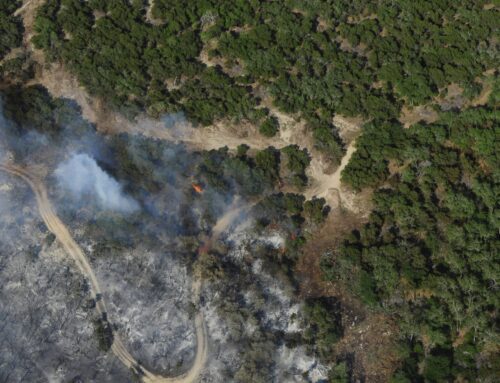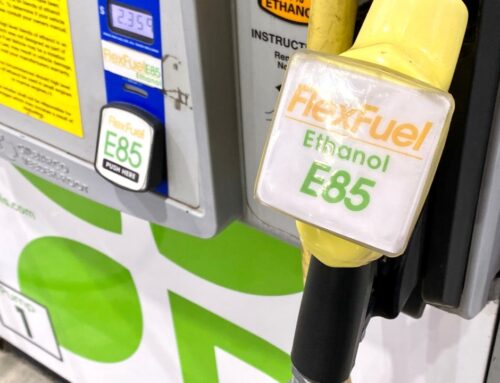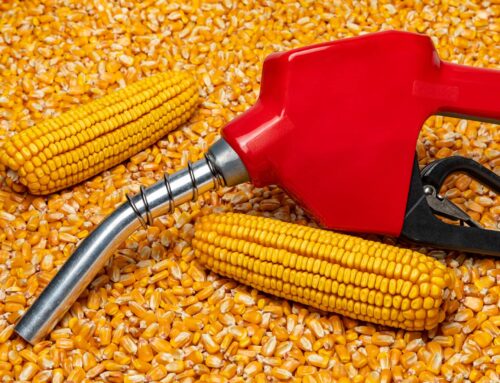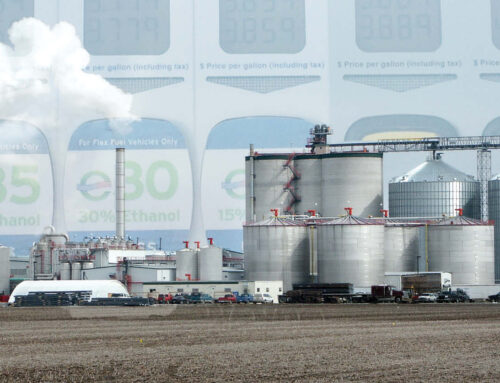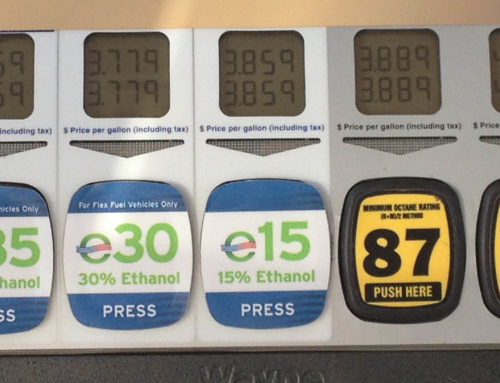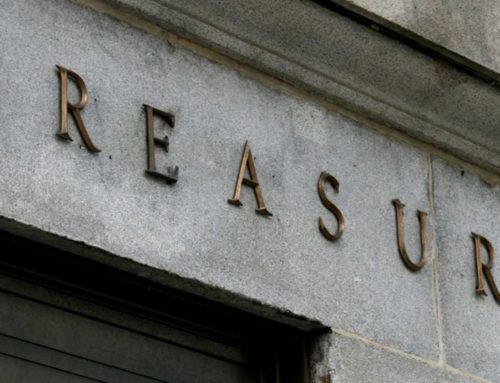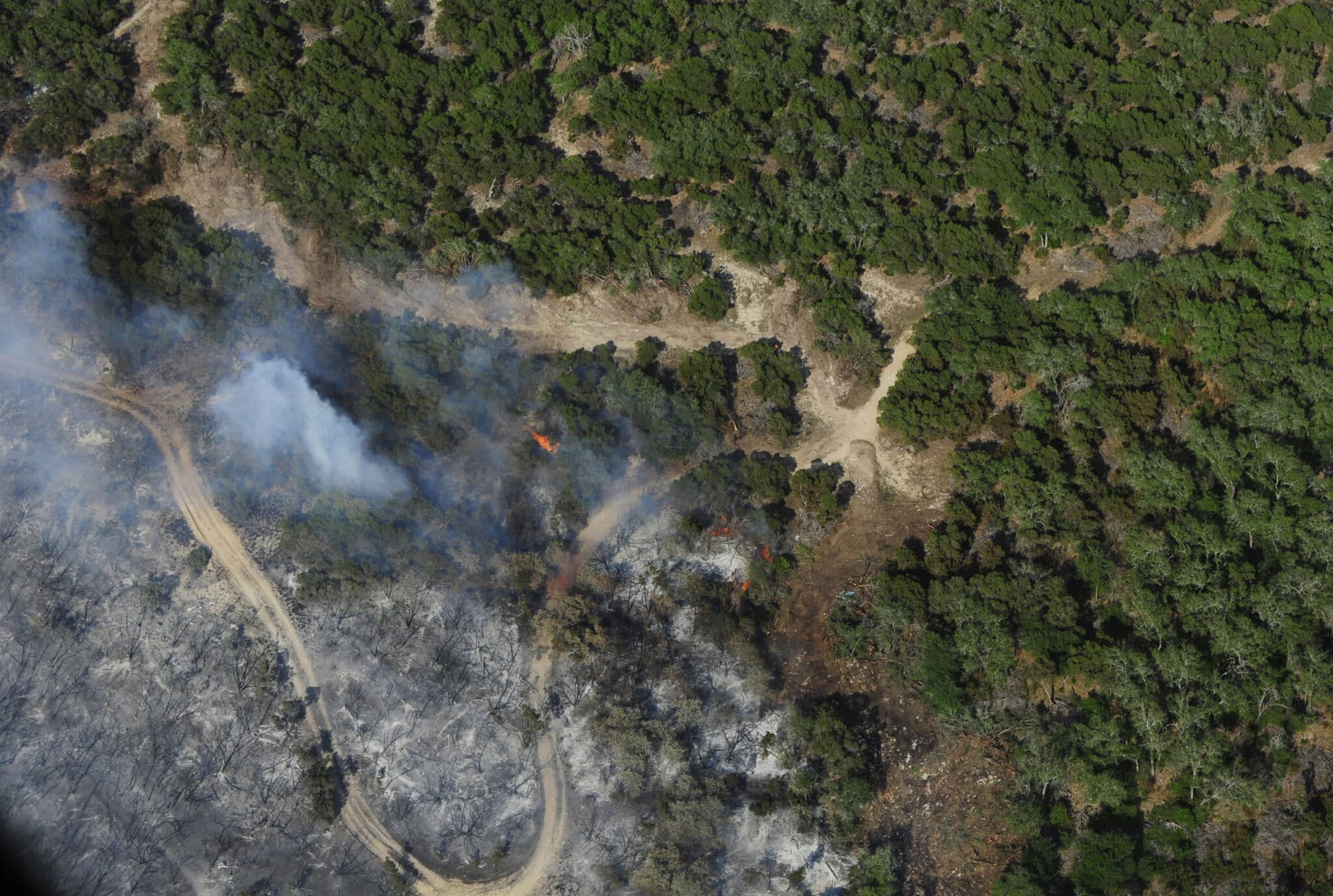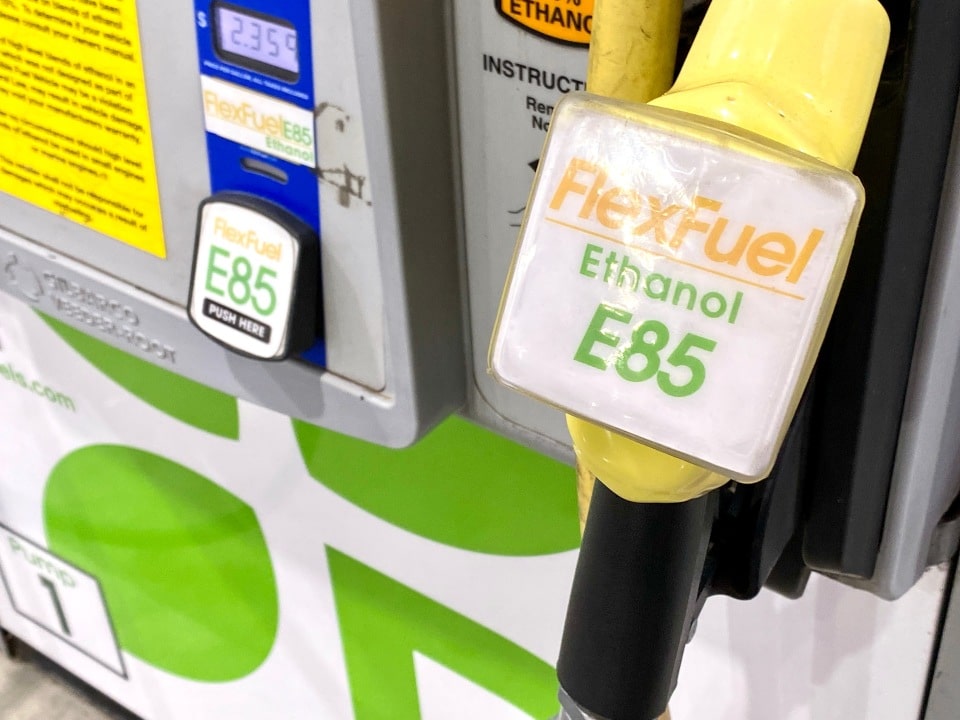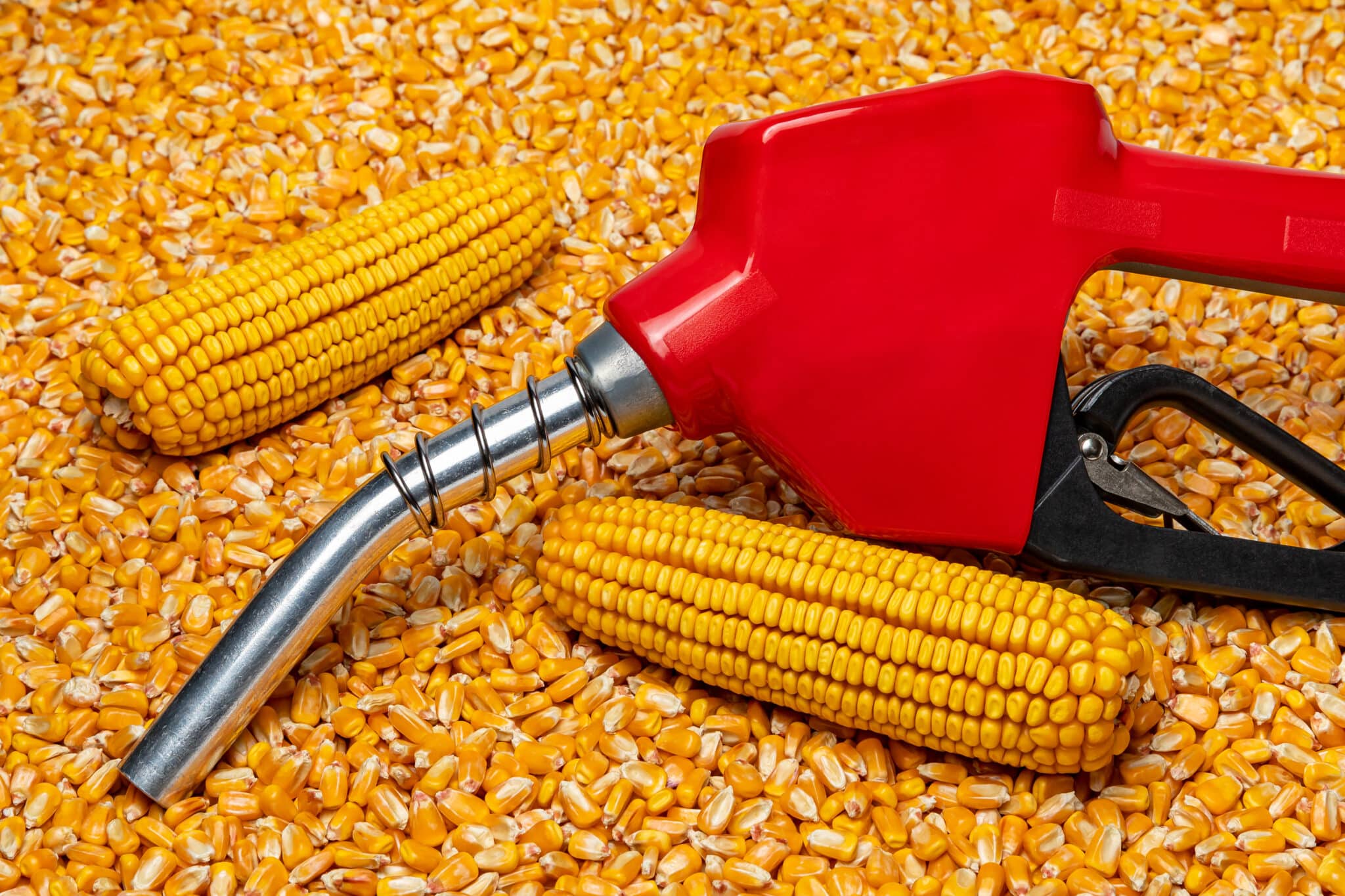June 28, 2025
STOPPING METHANE WASTE SUPPORTS AMERICA’S ENERGY ECONOMY, PROTECTS OUR COMMUNITIES, AND SAVES TAXPAYERS BILLIONS
Dear Senator:
On behalf of our organizations’ broad constituencies of American taxpayers, industry leaders, and faith-based advocates, we urge you to oppose efforts to repeal the Methane Emissions Reduction Program (MERP) and delay implementation of the Waste Emissions Charge (WEC) in the budget reconciliation package. The country must curtail needlessly wasted natural gas. The MERP is a fiscally responsible measure to curb methane waste—a practice that costs taxpayers millions in lost revenue, keeps a valuable energy resource from reaching consumers, and threatens the health of our communities.
The House bill delays the start date of the Waste Emissions Charge by a full decade—pushing the first year of covered emissions from 2024 to 2034 and effectively gutting the program’s impact for the next ten years. This delayed implementation of the fee until 2034 would eliminate $7.2 billion in projected revenue[i] and allow egregious waste to continue for another decade.
Excessive methane waste should be assessed a fee to ensure taxpayers are compensated for the loss of a valuable American resource. Federal taxpayers have already provided generous financial incentives to industry to reduce methane waste, with much of the $1.55 billion in MERP grant funding already out the door. These incentives are helping industry accelerate waste reduction in preparation for the fee — a goal that would be undermined by delaying its effect.
Wasting methane—the largest component of natural gas—during oil and gas development keeps a valuable energy resource from consumers. According to the Energy Information Administration, more than 3 trillion cubic feet of natural gas was vented or flared nationally from FY2012 to FY2021.[ii] This waste not only hurts our domestic energy supply, but also denies federal, tribal, and state governments critical royalty revenues. For example, operators in Texas wasted an estimated 564 billion cubic feet of gas on federal and nonfederal lands in 2019, translating to a loss of $128 million in potential state and federal revenue.[iii]
Fortunately, much of this waste can be economically captured and brought to market. The U.S. methane mitigation industry is booming, with an 88% increase in manufacturing firms and a 105% expansion in service providers since 2017.[iv] These firms provide cost-effective technologies and services that help operators reduce methane leaks. Yet without accountability, operators prioritize rapid oil extraction over gas capture, leaving taxpayers and consumers to shoulder the fallout. By imposing fees on excessive emitters, the MERP accelerates the adoption of these tools, turning waste into economic value.
Conversely, health costs add to the burdens on American families, with fugitive methane costing an estimated $77 billion each year.[v] Communities near oil and gas operations face increased health and safety risks from methane and other co-pollutants. These emissions contribute to ground-level ozone, worsen air quality, and can lead to respiratory issues, cancer, birth defects and poor birth outcomes, and premature death. On top of that, leaks and flares pose fire and explosion risks, particularly in regions with aging infrastructure or limited oversight.
The Methane Emissions Reduction Program directly raises revenue, supports job growth, and protects local communities by imposing modest fees on emissions above a set threshold. Policymakers should uphold this commonsense policy that safeguards taxpayer resources and promotes energy security by rejecting efforts to scale back or eliminate MERP as part of the reconciliation bill.
Sincerely,
Taxpayers for Common Sense Action
Center for Methane Emissions Solutions
Evangelical Environmental Network Action
[i] Congressional Budget Office, “H.J. Res. 35, a joint resolution providing for Congressional disapproval under chapter 8 of title 5, United States Code, of the rule submitted by the Environmental Protection Agency relating to “Waste Emissions Charge for Petroleum and Natural Gas Systems: Procedures for Facilitating Compliance, Including Netting and Exemptions”,” February 2025. https://www.cbo.gov/publication/61228
[ii] Energy Information Administration, “Natural Gas Gross Withdrawals and Production, Vented and Flared,” accessed February 21, 2025. https://www.eia.gov/dnav/ng/ng_prod_sum_a_EPG0_VGV_mmcf_m.htm
[iii] Taxpayers for Common Sense, “Methane Waste and Pollution in Texas,” July 2023. https://www.taxpayer.net/energy-natural-resources/methane-waste-and-pollution-in-texas/
[iv] Environmental Defense Fund, “Growing Strong: Methane Mitigation Industry Expands Nationwide, Driving Economic Growth and Cutting Emissions,” last modified February 18, 2025, https://www.edf.org/media/growing-strong-methane-mitigation-industry-expands-nationwide-driving-economic-growth-and
[v] Jonathan J Buonocore et al (2023) Air pollution and health impacts of oil & gas production in the United States. Environ. Res.: Health .1 021006

